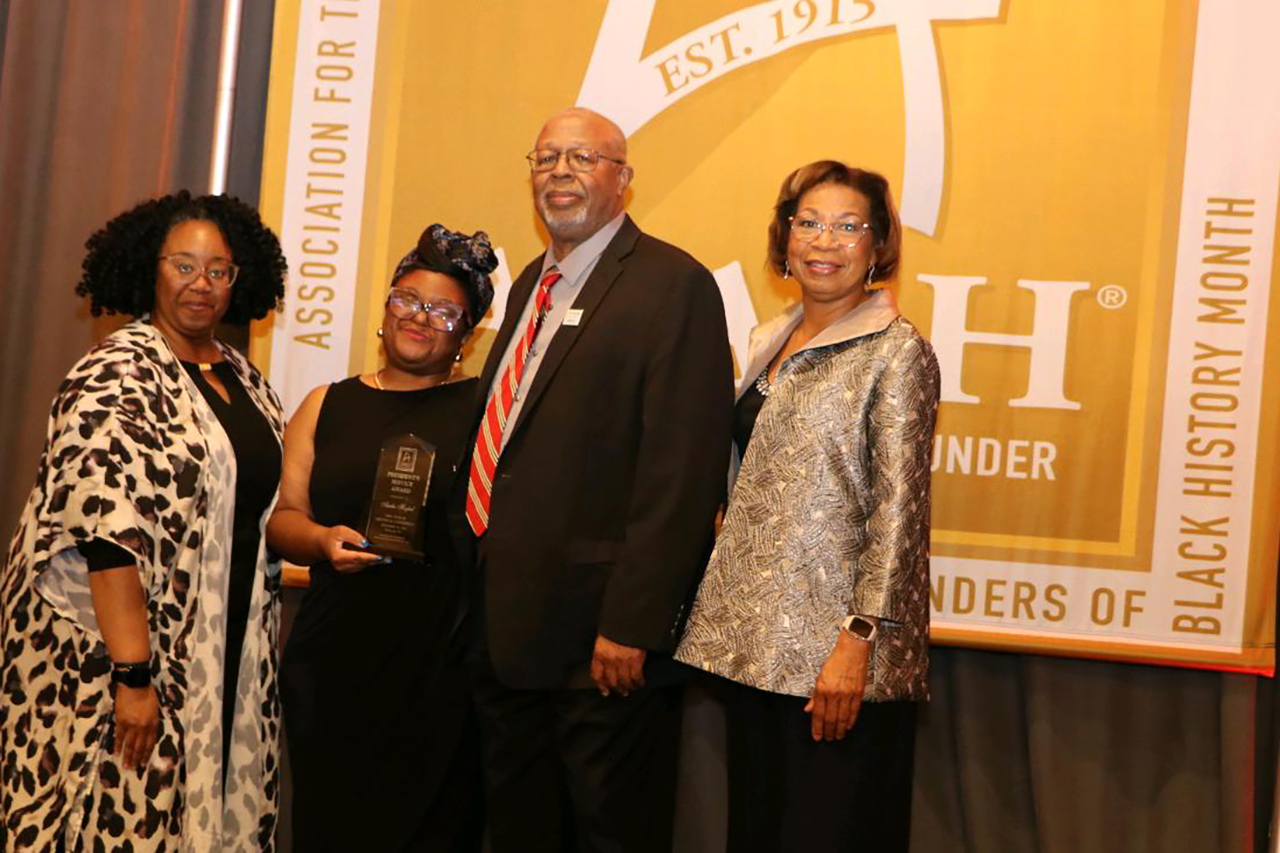
CofC’s The College Today is featuring WGS Director Prof. Kris De Welde’s research which aims to close the equity gaps in academic STEM. Read the article on CofC’s website or below!
Words by Mike Robertson:
A recent report from the American Association of University Women indicates that women make up only 28% of the workforce in science, technology, engineering and math (STEM) fields. Even though women earn about half of science and engineering bachelor’s degrees, there are still large disparities across areas like computer science and mathematics. And, at the doctoral level, only 5% of doctoral degrees are earned by minority women.
These inequities drive the gender and racial equity gaps in some of the fastest-growing and highest-paid jobs, such as those in computer science and engineering. Kris De Welde wants to address those gaps.
De Welde, professor and director of the Women’s and Gender Studies Program at the College of Charleston, is leveraging a $1.9 million grant from the National Science Foundation (NSF) Education and Human Resources Core Research program (EHR) for her research project, “ADVANCE and Beyond: Understanding Processes of Institutional Change to Promote STEM Equity and Education.”
Building on previous research that documents organizational interventions and strategies to promote gender equity in academic STEM fields, De Welde and research colleagues at the University of Colorado Boulder and Michigan State University are studying the organizational processes that are essential in creating what they call the “scaffolding” for successful change initiatives.
“There have been many, many studies about what it takes to create systemic change, and we know that it requires more than a single intervention,” says De Welde. “Change approaches have to be systemic, because we are really trying to revise institutional culture, as well as policies and practices. Interventions have to happen at multiple levels and using multiple levers.”
“Scaffolding processes” may include things like strategic communication strategies that reach multiple audiences, the use of theory to support change initiatives, and sustainability planning for the long-term viability of the project.
“Our goal is to not just uncover these processes,” says De Welde, “but to also test our understanding of how they work together alongside intervention strategies for institutional transformation.”
Since 2001, the NSF has invested over $270M to support ADVANCE Institutional Transformation program projects in an effort to increase the representation and advancement of women in academic science, technology, engineering and mathematics careers. De Welde says these interventions have had a tremendous impact on many institutions and hence many individuals.
“While the initial focus is on women and minoritized individuals in STEM fields, the impact is much broader,” she says, adding that closing the intersectional equity gaps in academic STEM should be a universal goal. “When you create an institutional change initiative that brings equity to an institution, it benefits everyone.”
De Welde’s four-year research project began last year.









